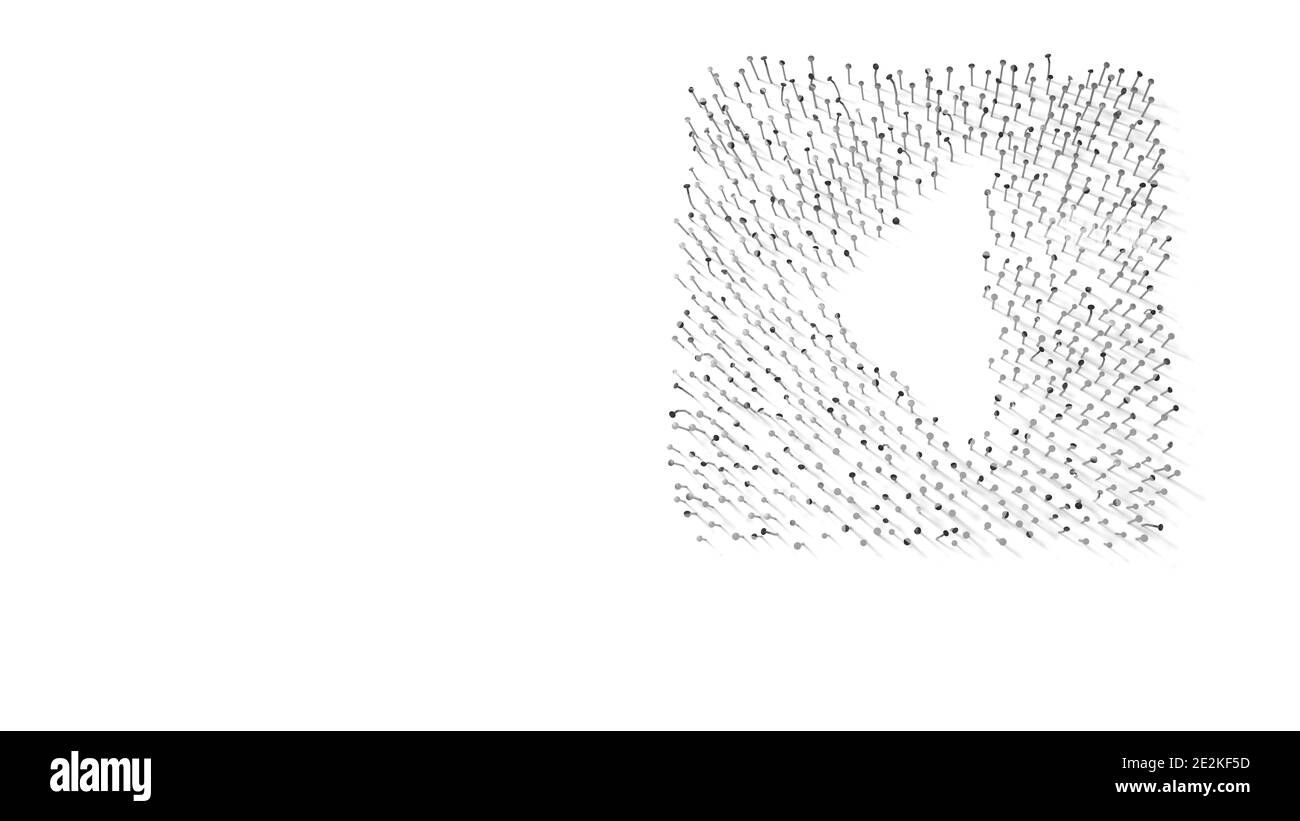


It's always paired with something else already visible the words to be inserted. So the bottomline remains that it depends on your requirement and the design choice you make based on at least the first two considerations stated above.Ī "caret" is a handwritten or typed (shift 6) shape used by proofreaders to communicate to writers where new words should be inserted. Stack Exchange network consists of 178 Q&A communities including Stack Overflow, the largest, most trusted online community for developers to learn, share their knowledge, and build their careers. In case of modern web UIs, the third point may not be relevant, as people have been seeing the chevron's as open close for a while now. But it does boil down to the design standard and the user's mental model. I do not have backing data for these points, but they are more of a thought based on my experience so far. However, in case of drop-downs or accordions, it is just one which indicates a direction and not part of the chain. A chevron indicates there is one before it. A chevron is considered to be a part of a chain. This is more from the graphics and art side.

The types of Points used in Graphic Control Measures are typically contact, coordination, decision, targets, sustainment, special supply distribution. A chevron may not be as quickly identifiable there. The point control measure symbols are used in the exercise of authority and direction by a properly designated commander over assigned and attached forces in the accomplishment of the mission. To stand out and register quickly in user's eyes, it is imperative that they have sizable color variation to spot the difference. It is black and it sits on fairly dark shade of blue. That is the Facebook's choice of a triangle. At the same time, a triangle may appear as a blob and may have hard presence which is not needed.īut if you are designing for dark on dark because your color palate demands it, you have to create enough distinction and reduce the visual load on your user so as to understand the difference between the tiny shape and the background. Material Design recommends copious amounts of white spaces and that makes the tiny chevron easy to spot. This seems to imply that you can escape the carat ( ) with a backslash. I tried the following in the REPL: user> (println \) nil. If it goes very close to the chevron there will be a chance of confusion and while writing a design language, this needs to be thought so the design fits in most of the considerations.Ĭontrast in this sense it the ability of the user to distinguish the shape from its background. It seems to me that the answer to your question is, unfortunately, no. It is possible that the selected value of the dropdown list will be longer. That is why the proximity of white space makes a difference. A closed dropdown widget may have a chevron and if there is not enough white space it can be confused with the English letter V or W. In the case of drop downs or accordions, when you have huge white space between the content and the shape, it is easy for the user to differentiate between the title of the accordion or the selected value of the dropdown and the shape which opens or closes the widget. So based on that I can think of the following considerations before you make a decision, The difference lies in the aesthetics and visual impact. The majority is presented in the working languages.I don't think there is a functional difference between the two. Some content on this site is available in all official languages. The working languages are English, French and Spanish. The official languages of IMO are Arabic, Chinese, English, French, Russian and Spanish. Disclaimer: IMO has endeavoured to make the information on this website as accurate as possible but cannot take responsibility for any errors.


 0 kommentar(er)
0 kommentar(er)
